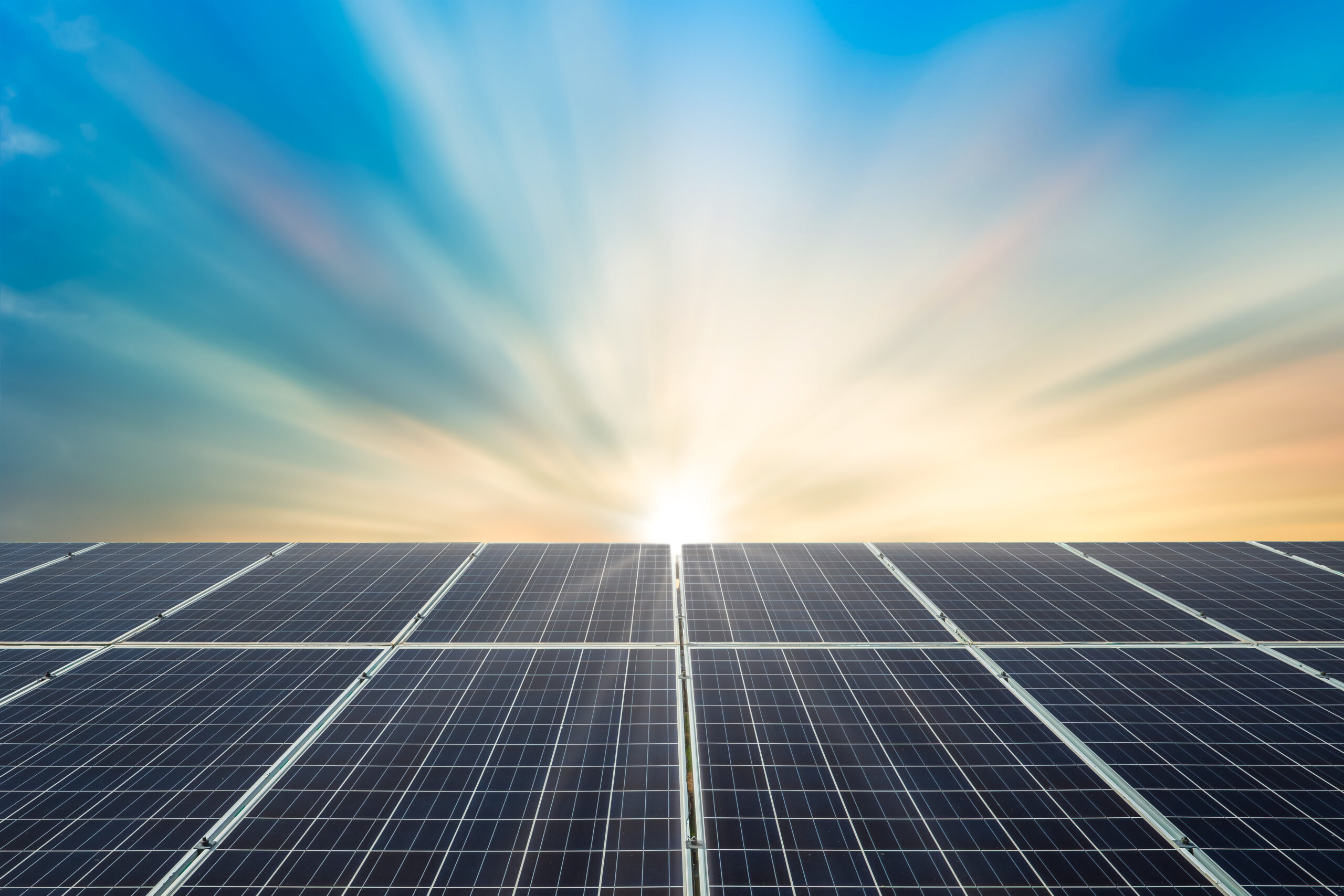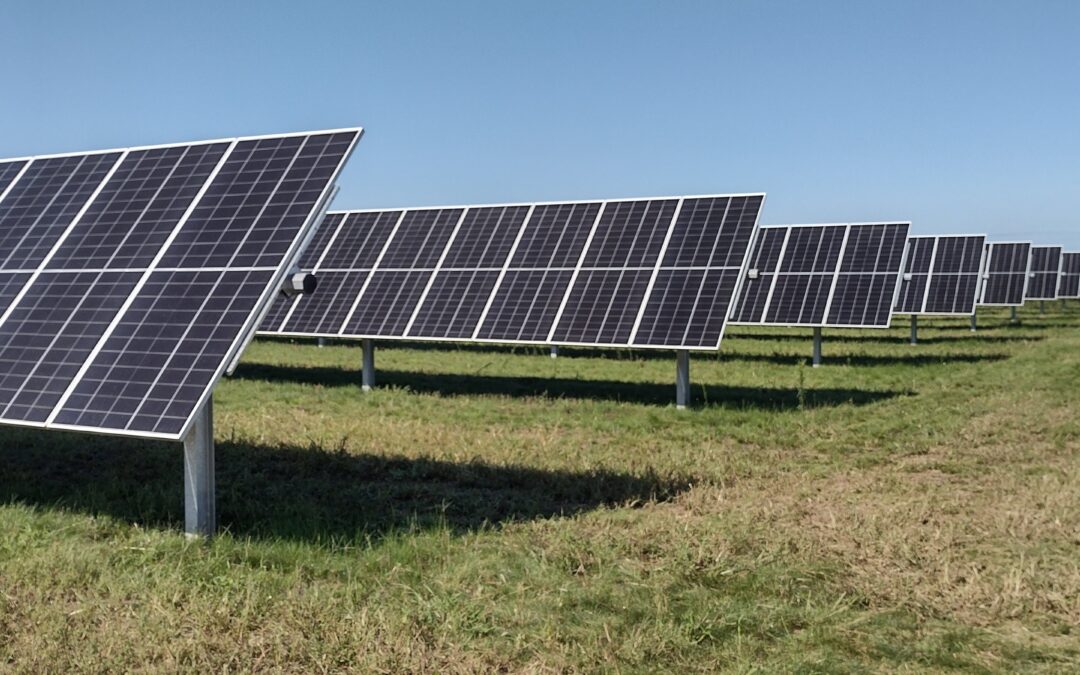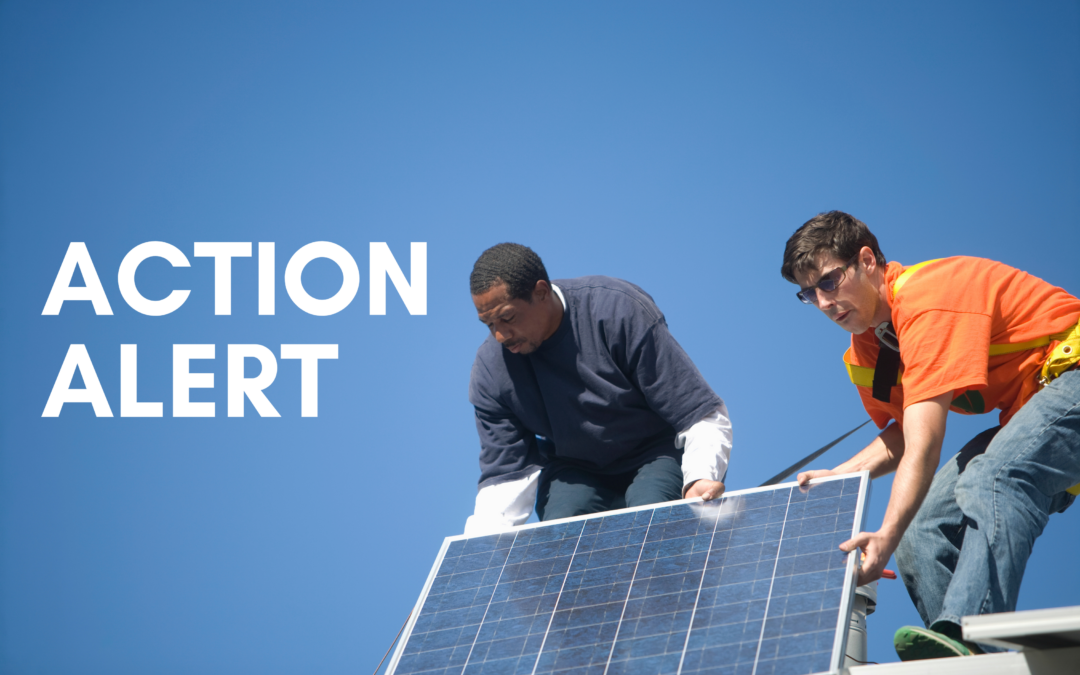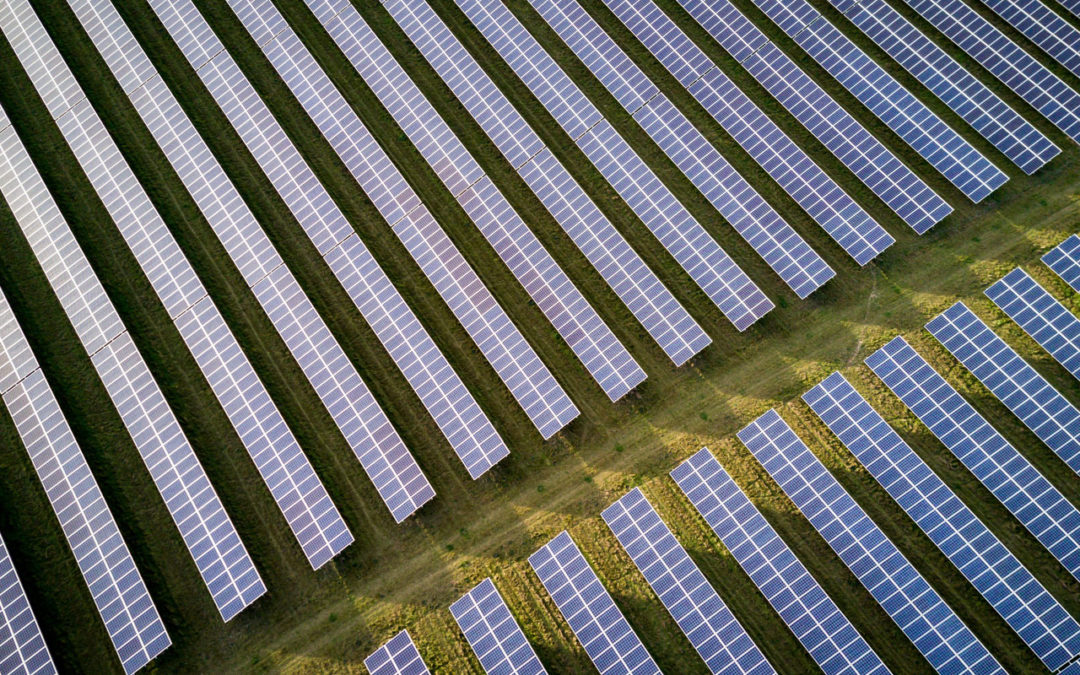
Elk Creek Solar Project Approved!
The Elk Creek Solar project, located in the Township of Spring Brook in Dunn County, was approved this month by the Public Service Commission of Wisconsin (PSCW). The 300-megawatt (MW) solar project is paired with a 76.6 MW battery energy storage system and is expected to go online by the spring of 2026.
As designed, Elk Creek Solar would supply homegrown, affordable, emission-free electricity to power the equivalent of approximately 60,000 homes for at least 30 years. RENEW Wisconsin submitted testimony in support of the project, and we are excited for construction to begin.
The developer of the project, TED Renewables, has been engaged and transparent with the Springbrook community throughout the approval process by providing detailed information on the benefits and timeline of the project. Beyond generating revenue for local schools and government services, the project is expected to create upwards of 650 jobs during the construction phase and 3-4 highly skilled long-term jobs.
According to TED Renewables, the annual tax revenues for all taxing districts will exceed $1.2 million. As stated in the La Crosse Tribune, “Spring Brook township of $500,000, Dunn County of $700,000 and the Elk Mound Area School District of $60,000.”
Construction is projected to start in the fall of 2024. Throughout the life of the project, the landowner will retain the title to the land and sign a 30-year lease, with the option for a five-year extension. At the end of its operational life, the equipment will be recycled or reused, and the land will be restored. By giving the soil time to rest and planting deep-rooted plants, the quality of the soil will be improved substantially by the time it is once again ready for agricultural use.
Elk Creek Solar is the 17th project larger than 100 MW the PSCW has approved since 2019, totaling 3,249 MW for Wisconsin. Several other projects, including Silver Maple Solar, are awaiting approval.



